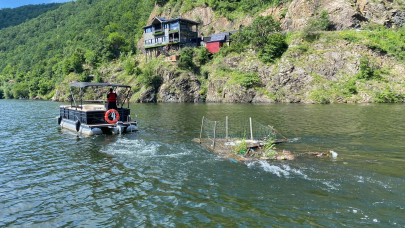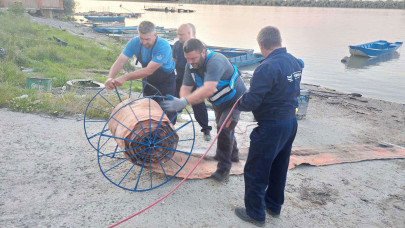69% of consumers globally want to have a positive impact on the environment through their daily activities, including travel.
This type of sustainable travel, also known as ecotourism, has become increasingly popular in recent years, with data showing that 40% of travelers are now prepared to travel exclusively outside the peak season and 64% are willing to consider less popular destinations to reduce overcrowding and negative environmental impact. This also indicates a preference for quieter, more authentic experiences, and in harmony with the principles of sustainable development.
In this context, Germany aims to capitalize on its assets as a sustainable destination, based on several pillars: the efficient use of resources, the promotion of local offers and products (14 localities in Germany are certified as sustainable travel destinations), environmental awareness (16 national parks, 104 natural parks, 16 UNESCO biosphere reserves), the promotion of alternative tourist routes that do not involve environmental pollution (300,000 km of marked walking routes, over 76,000 km of bicycle routes and 350 certified spa resorts), sustainable accommodation facilities (more than 1,300 accommodation units are certified for a sustainable holiday), and last but not least, reducing the impact of means of transport on the environment.














